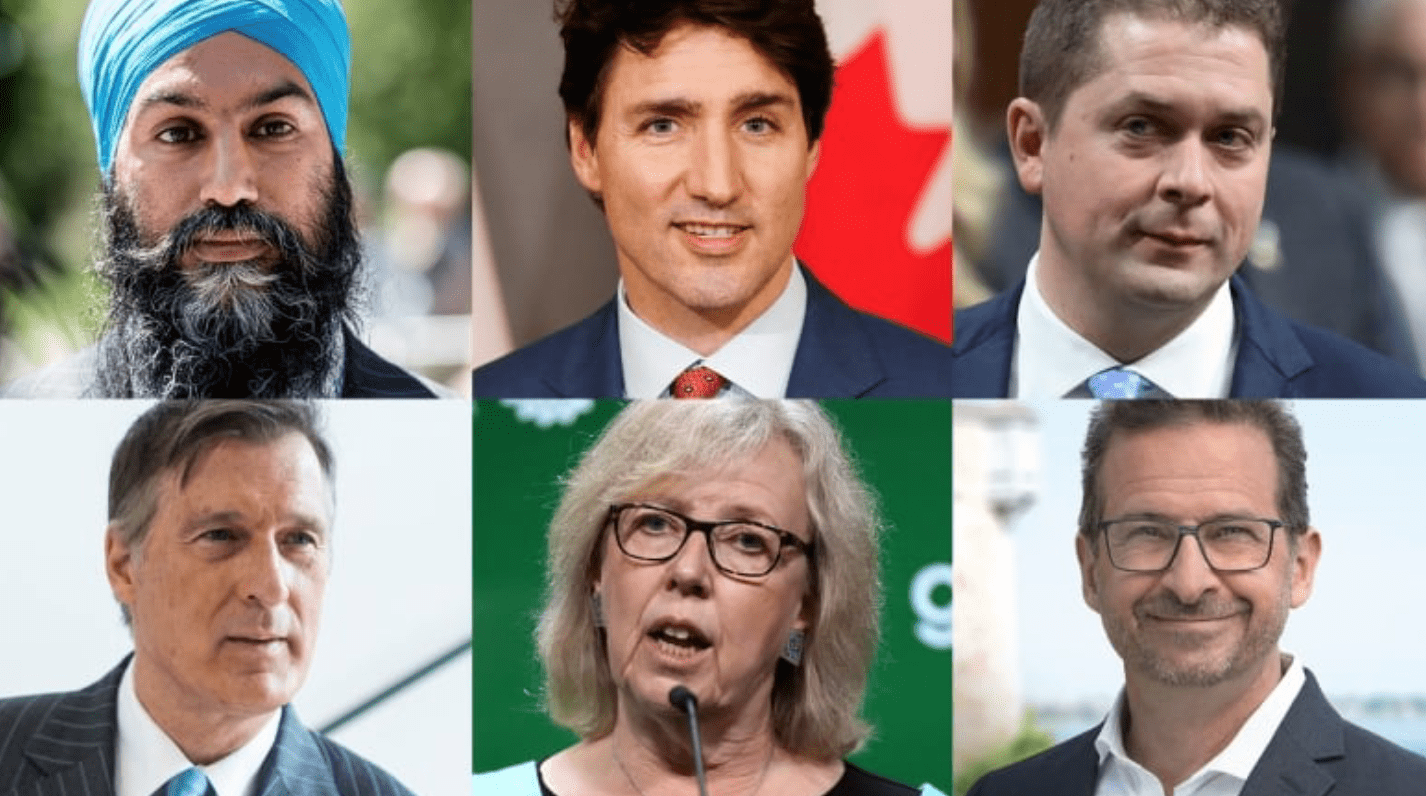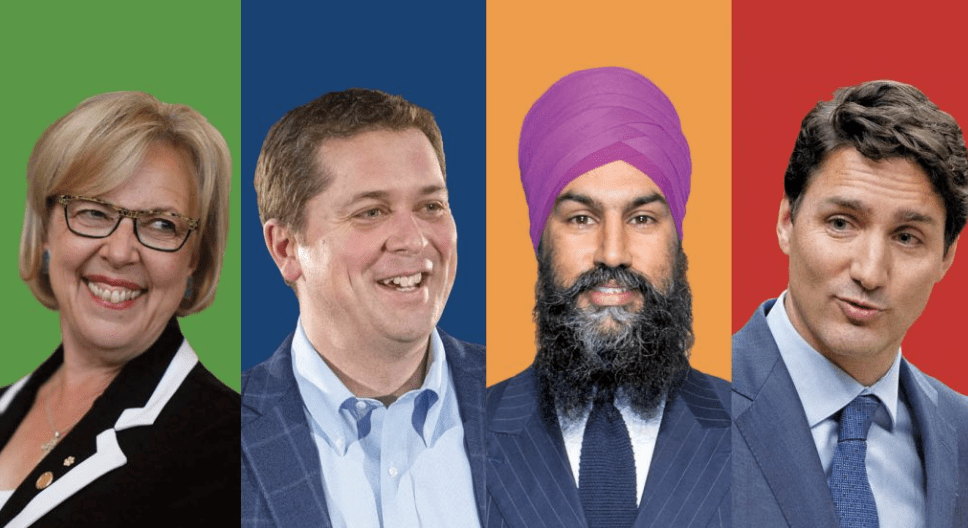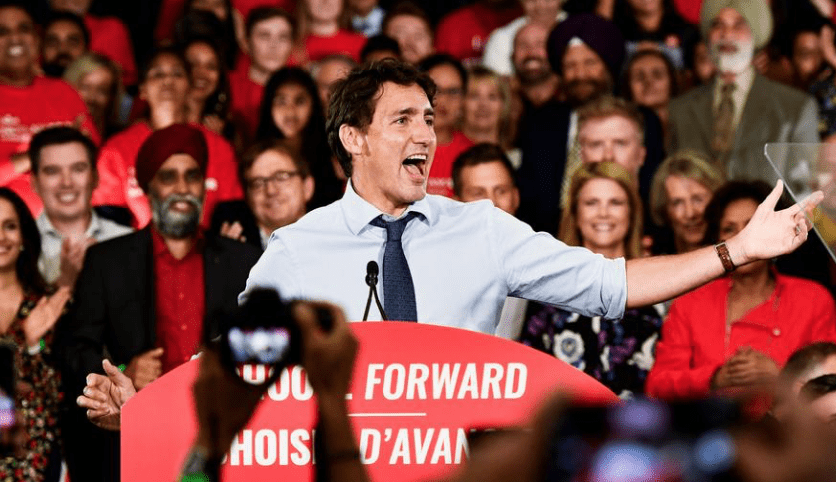So I was thinking about the Prime Minister's decision to attend as few debates as possible and delay the start of the election until almost the absolute last second, and I wondered, "Why do we have to go through with this whole messy 'election' thing, anyway? Wouldn't we all be better off if it just… didn't happen?"
It isn't just that this election promises to be particularly "elbows-up". It isn't just that the surfeit of useless election related podcasts clogging the air is probably contributing to global warming somehow. And it isn't just that the Liberals and Conservatives are tied despite it being proven beyond a shadow of a doubt that the government can't govern worth a damn. Doing away with the outmoded and probably racist concept of "elections" would save taxpayer dollars, improve our discourse, and eliminate our archaic first-past-the-post system because nobody would ever get past the all-important post.
Aren't you excited for a campaign where Justin Trudeau promises to campaign against conservative Premiers like Doug Ford because he's already written off his opponents as laughable? He can get up there and talk about how it's a big problem that people like Doug Ford, who are part of the 1%, and whose father was a politician, and who kind of didn't know what to do with his life until he went into politics are going around pretending to be "for the people" when they're actually part of the elite group of families that run this country.
And then there's the poor abused "hustings" that politicians hit every time they go out on the campaign trail. (The fact that we still call it a campaign "trail" when we have perfectly good roads in this country is another conundrum I won't get into.) I've never seen a "husting", and I'm not sure why our ultramodern and hashtag-literate political journalists insist on using the term in the second decade of the 21st century, but I do know that they go through some truly horrific punishment every time some elected official shows up. We take enough heat for the seal hunt as it is, and people are seriously thinking about a gun ban, so there's no need to have an election if it's just going to give politicians an opportunity to harm a bunch of hustings that are no threat or inconvenience to anyone.
The United States and Britain had elections/referendums in the past few years, and look how that turned out for them. But how can foreign hacking campaigns hack our election if there's no election to hack? Check and mate, bots!
Ralph Goodale has been in Parliament for so long that he actually forgot his own opposition to same-sex marriage, and he's probably going to be re-elected regardless. Why would you force a man who has so clearly taken leave of his mental faculties out into the elements day after day to meet the same people who have been voting for him for decades? Just let him sit there in the House of Commons for as long as he likes, like part of the furniture.
Come to think of it, the campaign is not just painful for older-than-dirt MP's. The people who are actually giving up their lives and jobs to run as candidates for the Opposition parties are clearly terrified to face the voters. How else could you explain that there are entire regions of the country that NDP leader Jagmeet Singh has not visited and that he needs stage directions for his speeches? How else could you explain the fact that Andrew Scheer is pretending he's never met Doug Ford and Jason Kenney? Or that the commentariat has all but called the election for the Liberals on account of the TRIUSM that vote-rich Ontario will be balancing out a blue provincial government with a red federal one?
Face it: Nobody wants this election, and I can't see us getting excited about any future election anytime soon. Well, except for the voters who will doubtless be showing up at the voting booth on E-Day loudly asking how they can vote against Trump and then complaining about being turned away because they don't have any valid Canadian ID.
Photo Credit: CBC News
Written by Josh Lieblein










